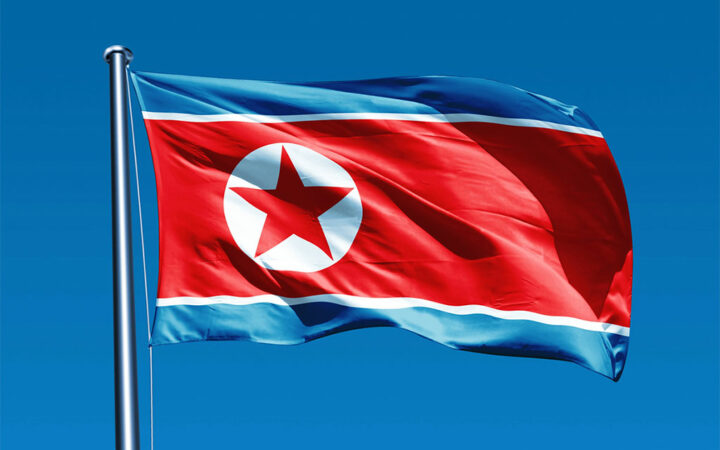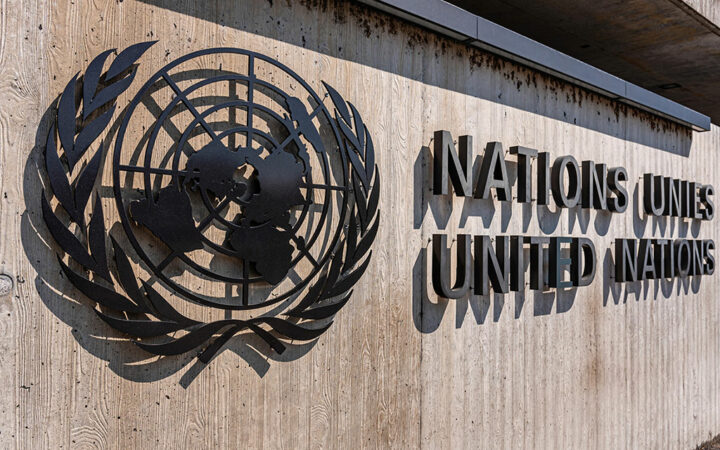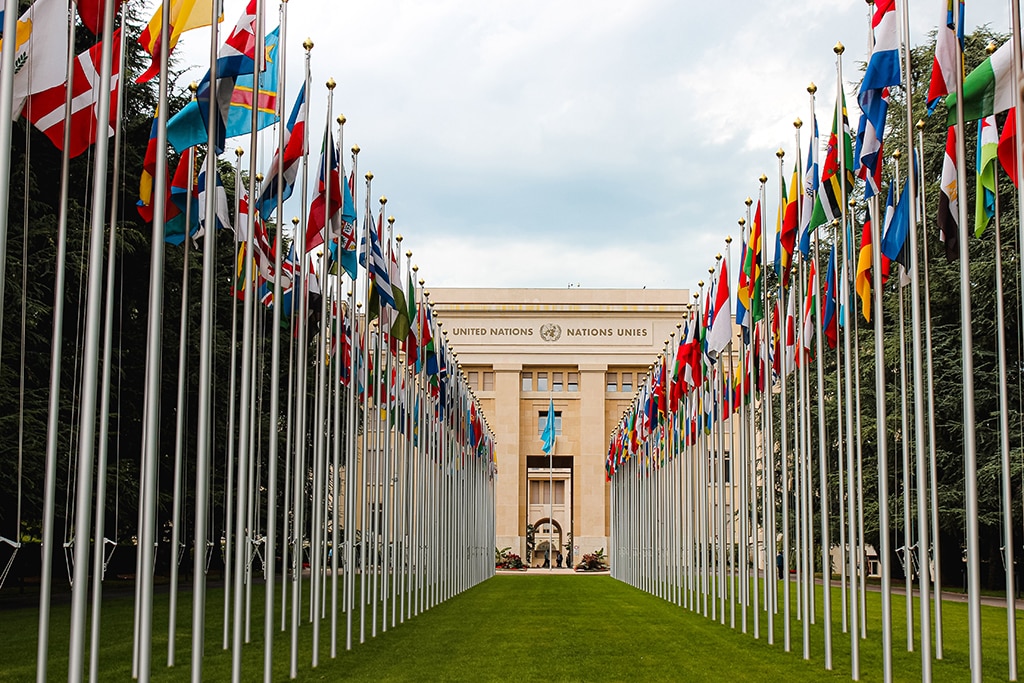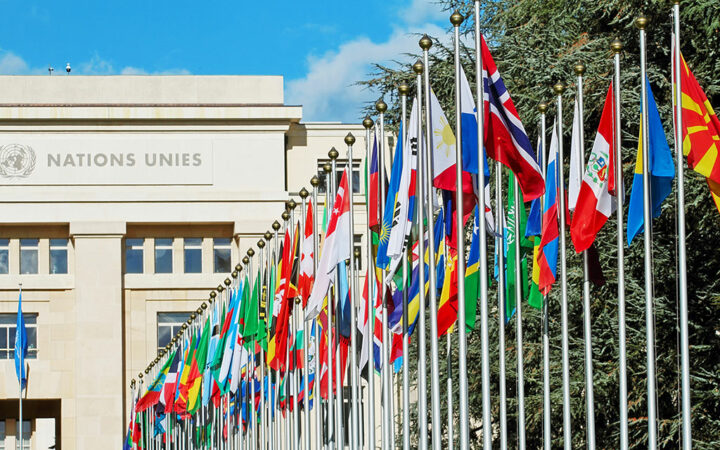
LTO Network and the UN Lead Development of Blockchain Land Registry for Government of Afghanistan
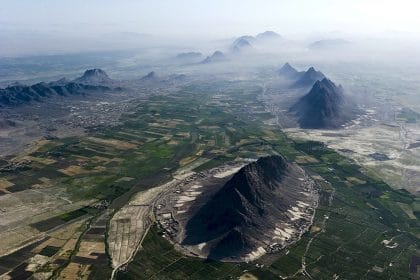
The first release of an onchain land registry developed by LTO Network and the UN has been launched. The open source solution developed by blockchain company LTO provides verifiable proof of ownership of land in Afghanistan, where disputes – including those pertaining to property – are commonplace.
The project was commissioned by two UN bodies, working in conjunction with the Afghanistan government. UN-Habitat and UN Office of Information and Communications Technology called in LTO to assist with developing the blockchain component of the land registry, the first of its kind to be trialled in the country. The project provides the latest demonstration of how blockchain can be deployed to solve an array of real world problems.
goLandRegistry Goes Live
Having been developed by the UN and LTO Network, goLandRegistry will be handed over to the Afghan government in December, whereupon it will be put to use in shoring up property rights across the land. 2.8 million land parcels will be registered on the distributed database, with any subsequent changes of ownership recorded onchain. This will create an indelible record of ownership, which should significantly reduce conflicting claims over land ownership.
The core characteristic of blockchain that makes it suitable for such applications is that entries cannot be appended without informing all nodes, each of which maintains an individual record of the network’s latest state. This ability has had blockchain proponents touting the technology as a solution from everything to storing citizen records to supply chain logistics in a tamper-proof environment.
Commenting on the launch of goLandRegistry, Victor Kisob, Deputy Executive Director of UN-Habitat said:
“Land is central to ending poverty and inequality, to enhance access to food security, to provide basic services, to foster peace and stability, and to reduce land degradation in rural and urban areas… The collaboration between UN-Habitat, UNOICT and LTO will promote the use of modern technology and an integrated approach to data generation for this purpose.”
LTO Network Courts World Governments
LTO Network has positioned itself as the preeminent provider of custom blockchain solutions for governments and enterprises. Its clients include the Dutch Ministry of Infrastructure, and its products include smart QR codes for supply chain traceability, with data stored onchain. LTO’s technology is also suited to recording legal contracts, attesting to the authenticity of artwork, and recording notary procedures.
Blockchains designed for business use require greater throughput, scalability, and lower fee structure than public chains such as Bitcoin and Ethereum. Next generation blockchains such as LTO Network and Near Protocol are focused on creating distributed ledger solutions that can meet the demands of business users, who require near-instant transactions and the ability to process thousands of transactions per second.
LTO CEO Rick Shmitz is confident that the open source land registry developed for Afghanistan will be utilized in other countries, pointing to the efficiencies this can drive in terms of automating land transfers, tax matters, and credit provision.
Disclaimer: This publication is sponsored. Coinspeaker does not endorse or assume responsibility for the content, accuracy, quality, advertising, products, or other materials on this web page. Readers are advised to conduct their own research before engaging with any company mentioned. Please note that the featured information is not intended as, and shall not be understood or construed as legal, tax, investment, financial, or other advice. Nothing contained on this web page constitutes a solicitation, recommendation, endorsement, or offer by Coinspeaker or any third party service provider to buy or sell any cryptoassets or other financial instruments. Crypto assets are a high-risk investment. You should consider whether you understand the possibility of losing money due to leverage. None of the material should be considered as investment advice. Coinspeaker shall not be held liable, directly or indirectly, for any damages or losses arising from the use or reliance on any content, goods, or services featured on this web page.

